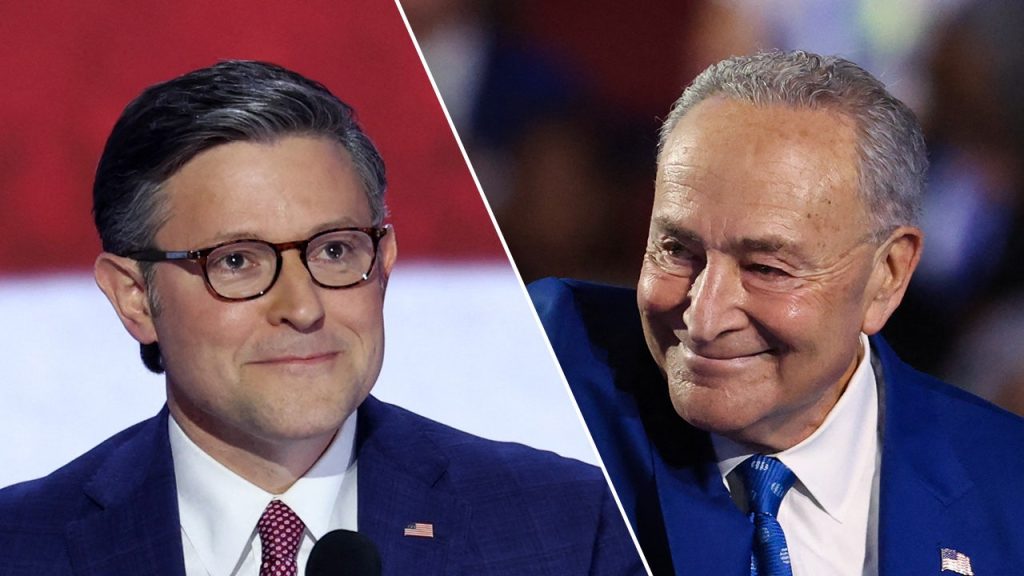The looming threat of a partial government shutdown was averted in the early hours of Saturday morning as the Senate voted overwhelmingly to approve a stopgap spending bill, sending it to President Biden’s desk for his signature. This marked the culmination of a tumultuous week in Congress, characterized by shifting proposals, political maneuvering, and the unusual intervention of billionaire Elon Musk.
The initial iteration of the spending bill, a hefty 1,547-page document, aimed to extend government funding through March 14, 2024, while also encompassing over $100 billion in disaster relief and $10 billion in agricultural aid. However, this version faced immediate and vocal opposition from conservative figures, including Musk, who criticized its size and spending provisions. This criticism amplified into outright condemnation from President-elect Donald Trump and Vice President-elect JD Vance, who urged Republicans to reject the bill, escalating tensions and foreshadowing the challenges ahead. Their opposition was particularly focused on the inclusion of a cost of living raise for lawmakers, characterizing it as excessive spending.
In response to this backlash, House Republicans scrambled to revise the spending bill. Their new proposal maintained the three-month extension of government funding and added a two-year suspension of the debt limit, as requested by Trump. While keeping the disaster relief and agricultural aid provisions, this modified bill still failed to garner sufficient support in the House. Opposition stemmed from both Democrats, who largely opposed the bill on principle, and a faction of fiscal conservatives within the Republican Party, who balked at the increase in deficit spending and the substantial debt ceiling increase without commensurate spending cuts or structural reforms.
This failure to reach a consensus intensified concerns of an impending shutdown, with the midnight deadline fast approaching. Senate Democrats insisted on returning to the original spending bill, arguing that it was the only viable path forward. They accused Republicans of caving to the influence of Elon Musk, whom they labeled a “shadow speaker,” underscoring the unorthodox role Musk played in the legislative process. Senate Majority Leader Chuck Schumer went so far as to suggest that the original bill would have passed the House if Speaker Mike Johnson had simply brought it to a vote, placing the onus of the potential shutdown on the Republican leadership.
As the clock ticked down, a third version of the spending bill emerged. This final compromise largely mirrored the second proposal, maintaining the disaster aid and agricultural assistance while omitting the contentious debt ceiling suspension. Crucially, this version garnered broad bipartisan support, passing both the House and the Senate with comfortable margins. The House vote, in particular, secured over two-thirds approval, demonstrating a significant shift in momentum and suggesting a willingness to compromise in the face of a potential shutdown.
This final agreement highlighted the tumultuous negotiation process and the pressure exerted by various factions, both within and outside of Congress. The episode underscored the increasing polarization in American politics, the influence of non-traditional political actors like Elon Musk, and the enduring challenges of fiscal responsibility in the face of pressing national needs. The removal of the debt ceiling suspension from the final bill left this critical issue unresolved, setting the stage for future battles over government spending and borrowing authority. The successful passage of the stopgap bill, while averting an immediate crisis, merely postponed the larger debate on the nation’s fiscal future, a debate likely to continue playing out in the coming months.

